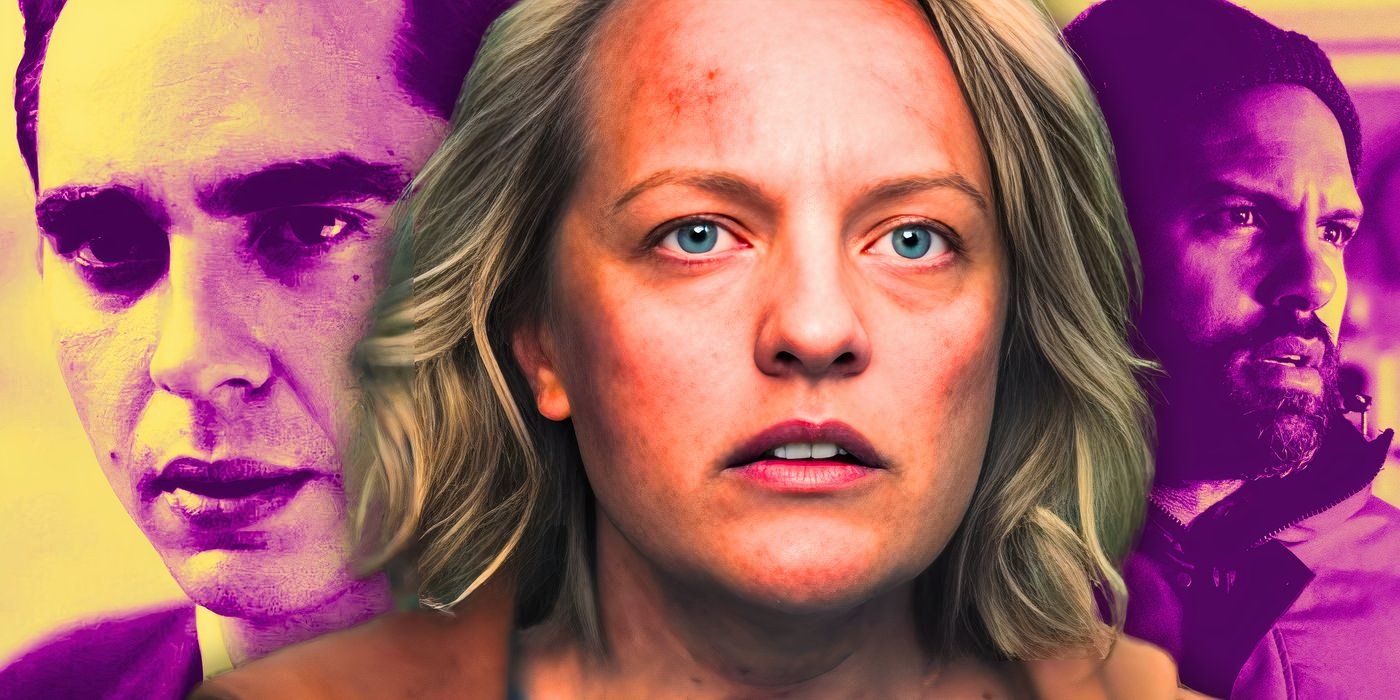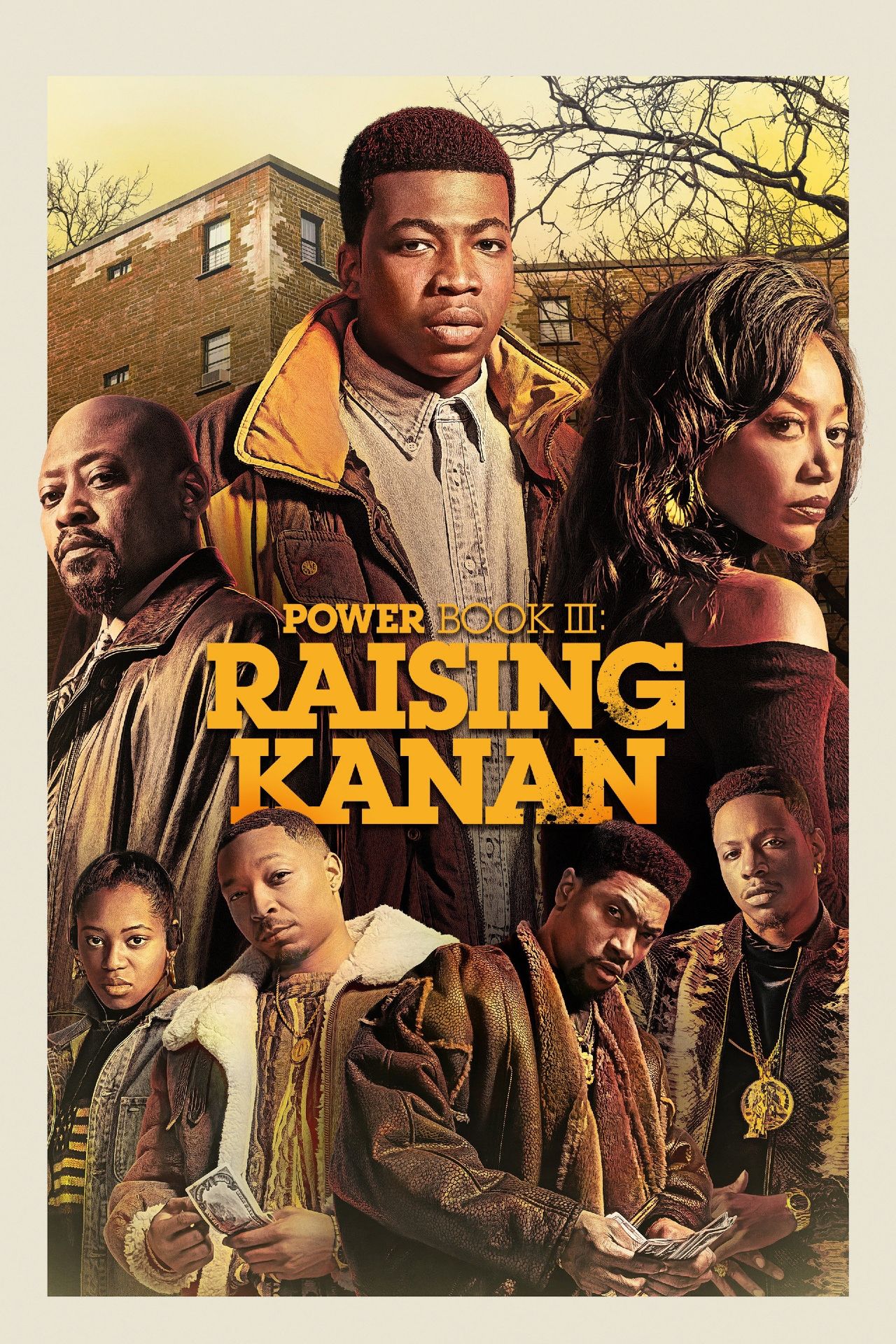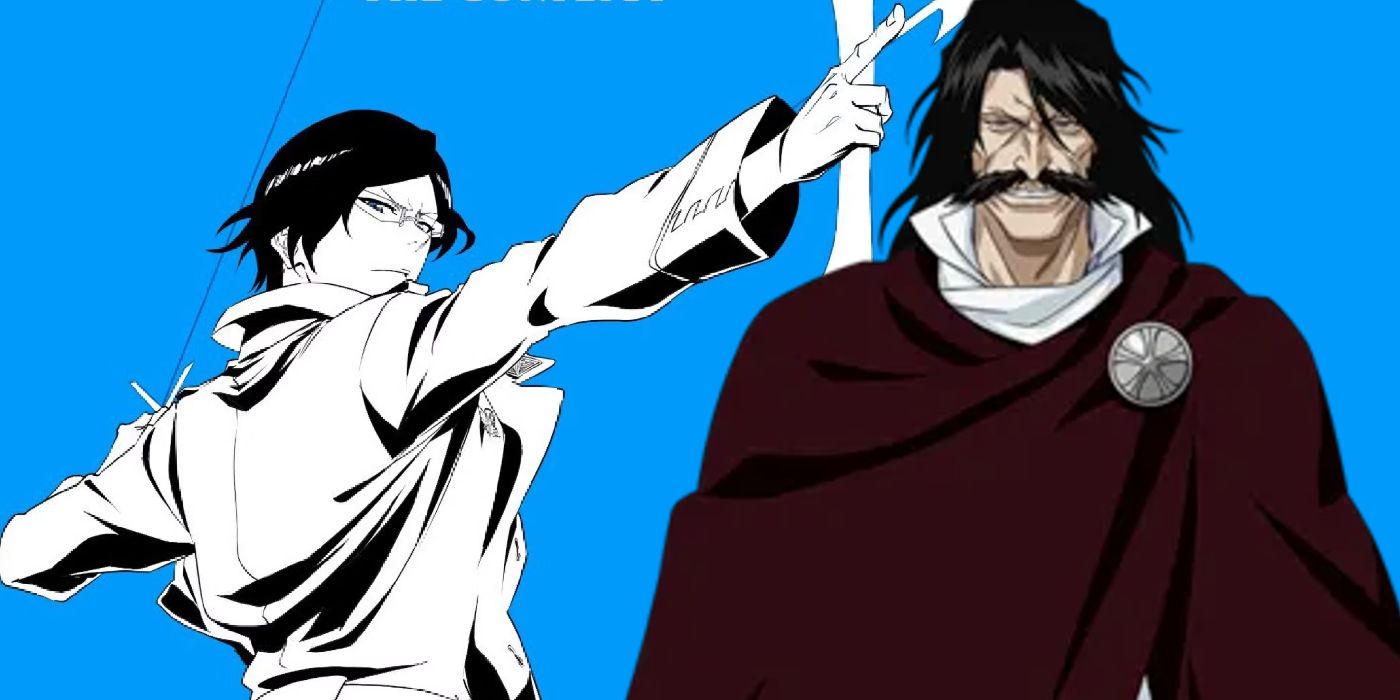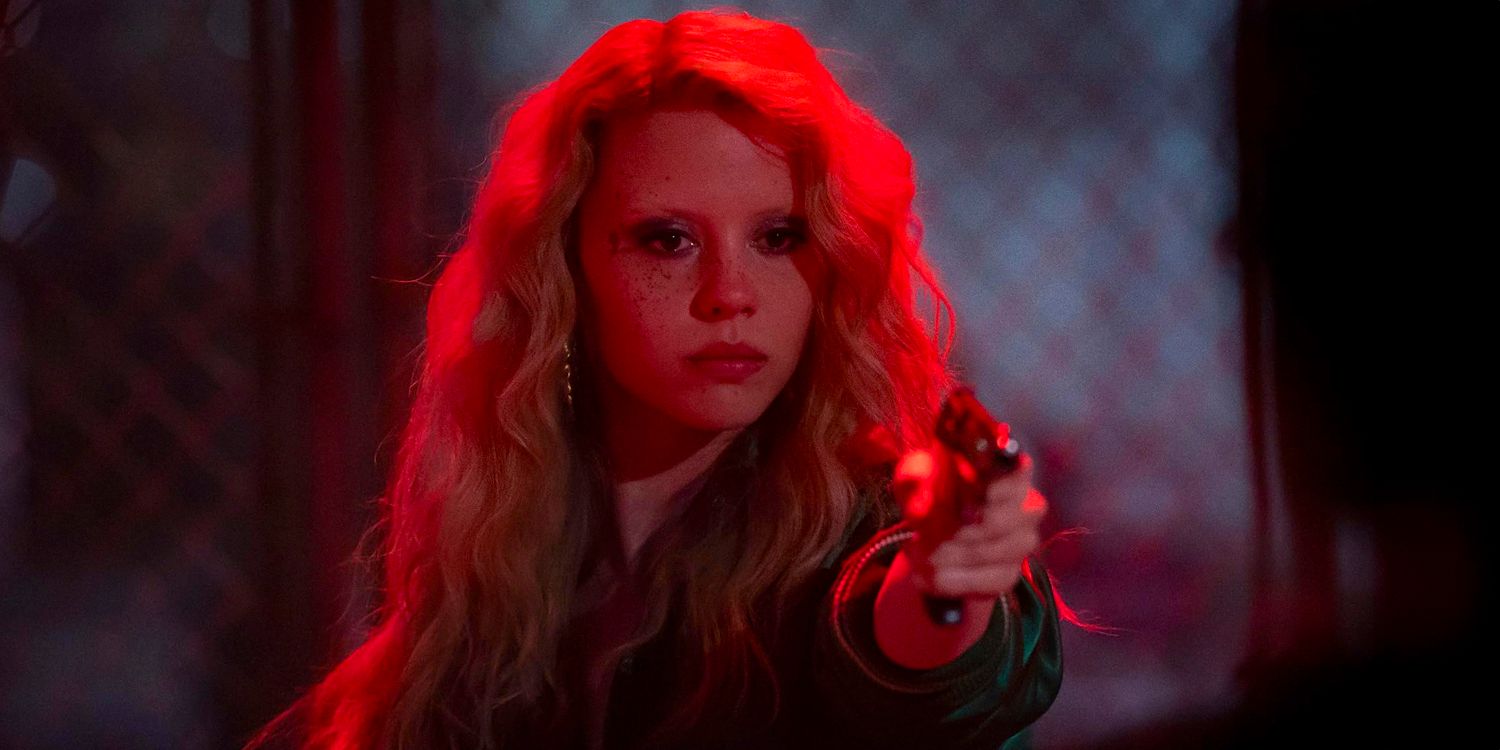Wes Anderson explains why his Roald Dahl-based shorts use the author’s original narration. Anderson first married his idiosyncratic visual style with the unique world of Dahl with his 2009 stop-motion animation feature, Fantastic Mr. Fox. Since then, Anderson went on to direct four short films based on Dahl stories, including The Swan, Poison, The Rat Catcher, and The Wonderful Story of Henry Sugar. The latter film is available for streaming on Netflix and has been hailed as one of Anderson’s best films.
The director explains why he employs Dahl’s original text for his film narration. In conversation with Netflix, Anderson explained the idea at the heart of The Wonderful Story of Henry Sugar and his other Dahl adaptations: “I am equally interested in the way Dahl tells the story as I am in the story itself.” Anderson took this idea and ran with it, employing Dahl’s “words, his description.” Check out the full quote from Anderson below:
I had the thought to try to adapt Henry Sugar maybe almost twenty years ago when I was staying at Gipsy House (which is Dahl’s family house in Buckinghamshire), and I had a simultaneous thought which was: ‘I don’t know how to do this.’ But over the years, the Dahl family — Felicity Dahl and Dahl’s grandson Luke Kelly — kept the rights to the story set aside for me. When I finally had the moment of inspiration, the idea was: “I am equally interested in the way Dahl tells the story as I am in the story itself.” The story completely hooked me as a child, but if you take away his words, well, I guess, it’s not a movie I felt compelled to do. It’s a great Dahl story, but if I do it using his words, his descriptions, then maybe I know how to do it.
You are being told the story directly. That’s why Dahl is in it, because he is the storyteller, not just the author. And the actors are both playing the scene and reciting Dahl’s words.
Why Wes Anderson Is the Perfect Director for Roald Dahl Works
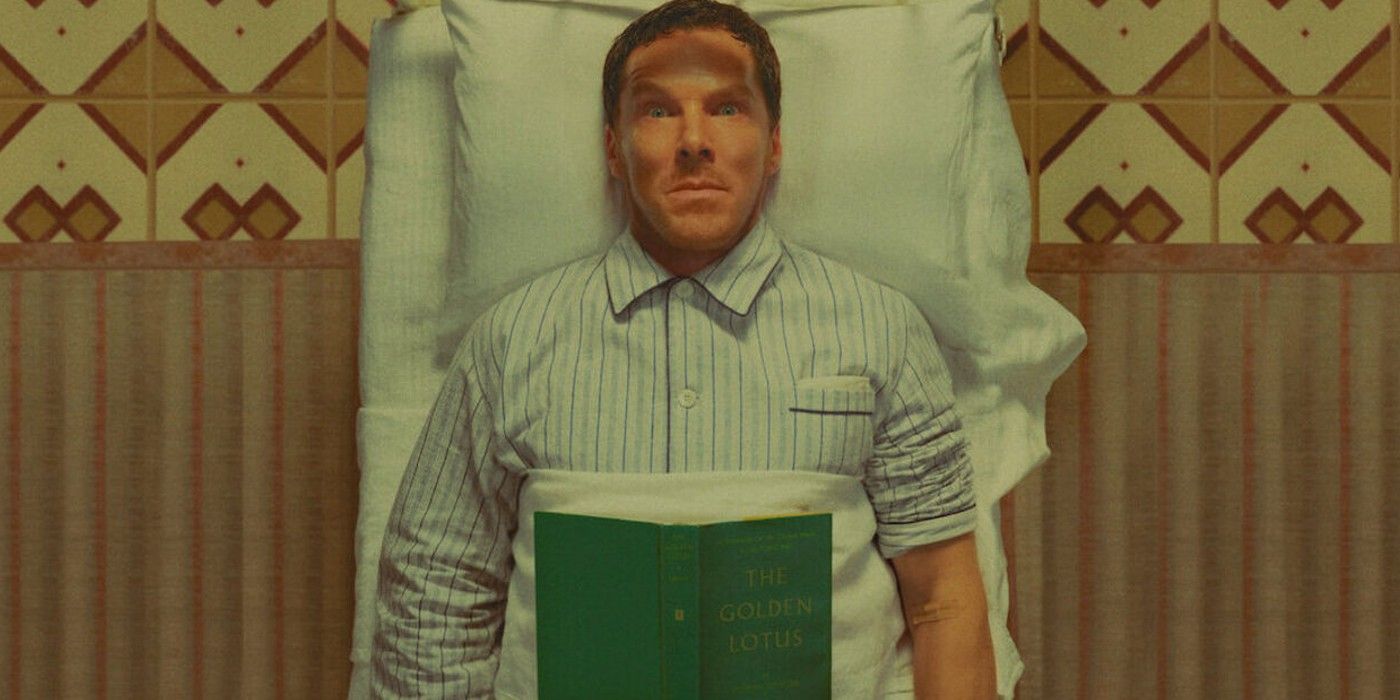
While he may not always have source material from which to borrow it, Anderson frequently employs narrators within his films. Moonrise Kingdom, for example, sees the often detached appearance of Bob Balaban’s narrator as he guides audiences through Sam and Suzy’s backgrounds and love story. Thus, his recent shorts’ use of narration is unsurprising, albeit distinctive in that it uses Dahl’s original text.
With Anderson’s grand respect for Dahl, it becomes clear that the director was the best person to take on The Swan, The Ratcatcher, Poison, and The Wonderful Story of Henry Sugar. In his interview statement, Anderson graciously cedes some authorial control to the grand “storyteller” that is Dahl. Anderson chose not to make a film that used Anderson’s own words for the sake of originality; rather, he honors the creator behind the masterwork in favor of making a more authentic adaptation.
That being said, The Wonderful Story of Henry Sugar and the other Dahl shorts are still spackled with Anderson’s influence. With his consistent color palettes, sharp cuts, and meticulous symmetry, Anderson’s characteristic style has a storybook quality to it. Anderson’s worlds lend themselves well to fantasy and/or unreality – a case in point being the realistic-science-fiction The Life Aquatic with Steve Zissou – in a way that few directors do. Lending this style to popular children’s books while still respecting Dahl in the process helps make Anderson’s Dahl shorts truly shine.
